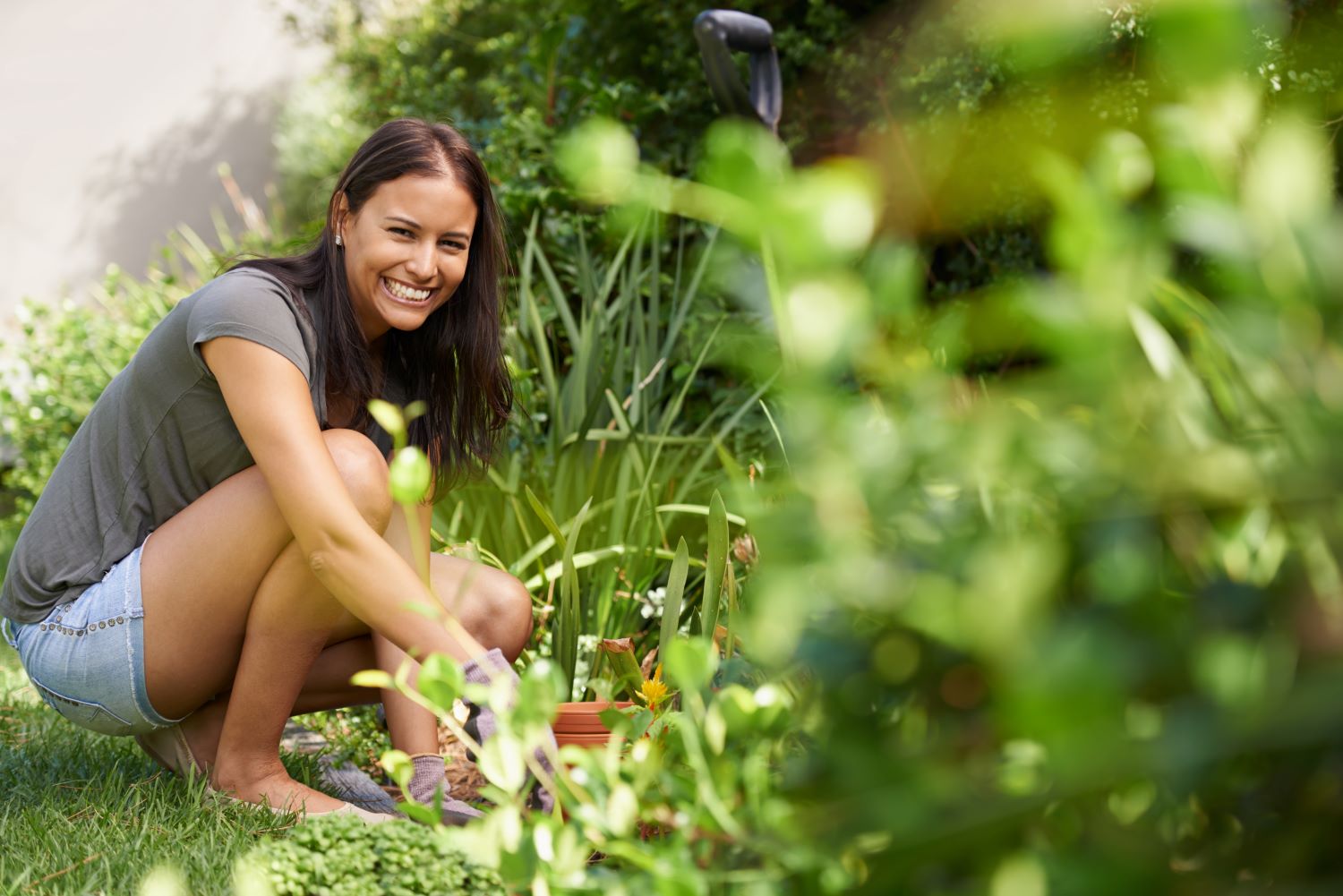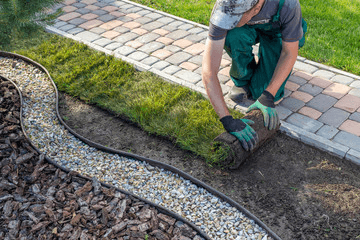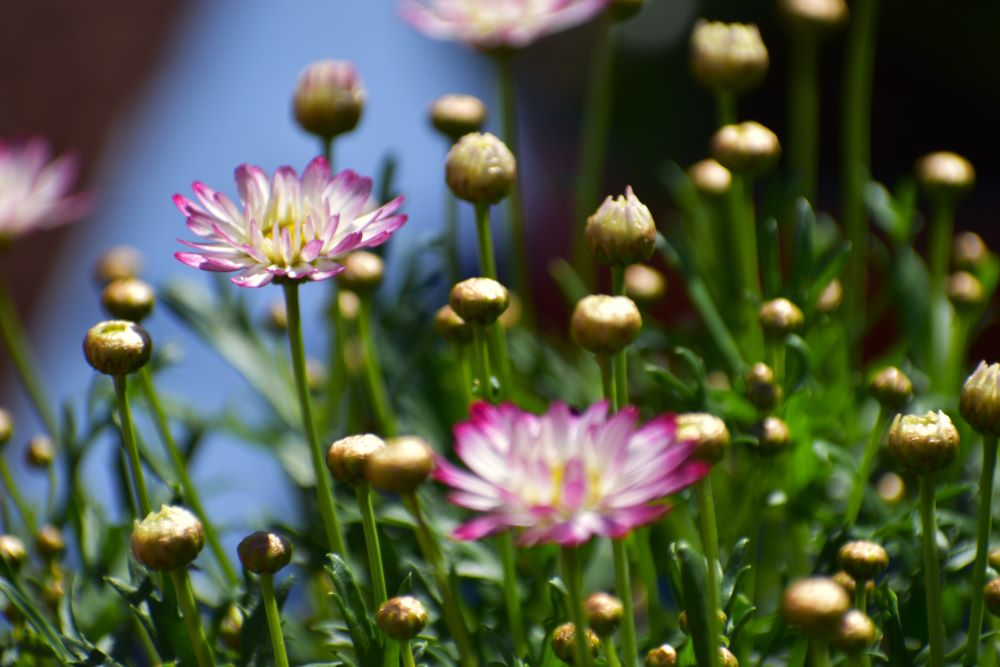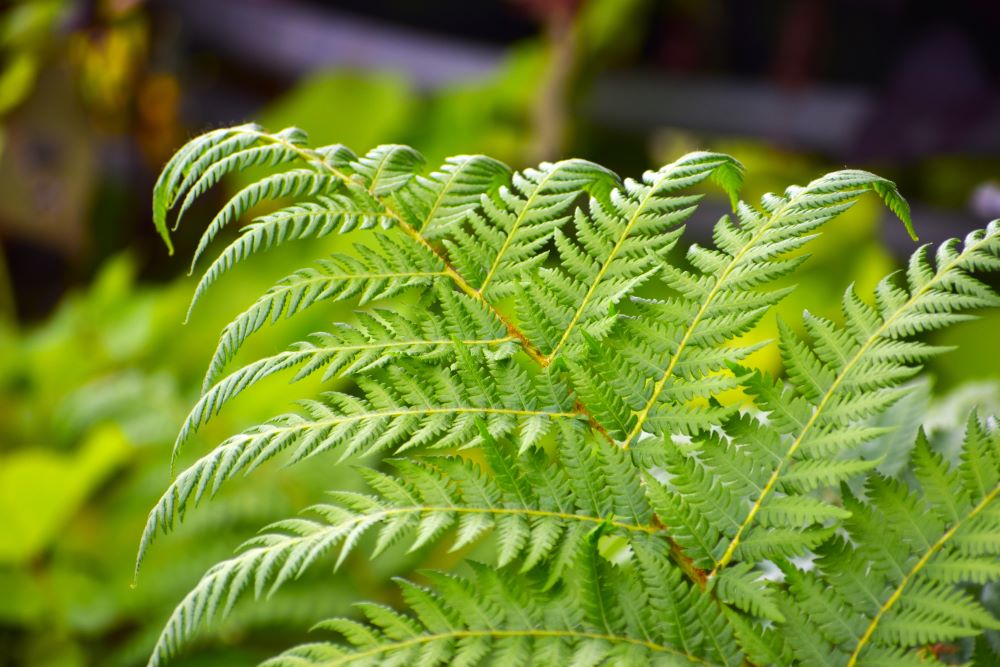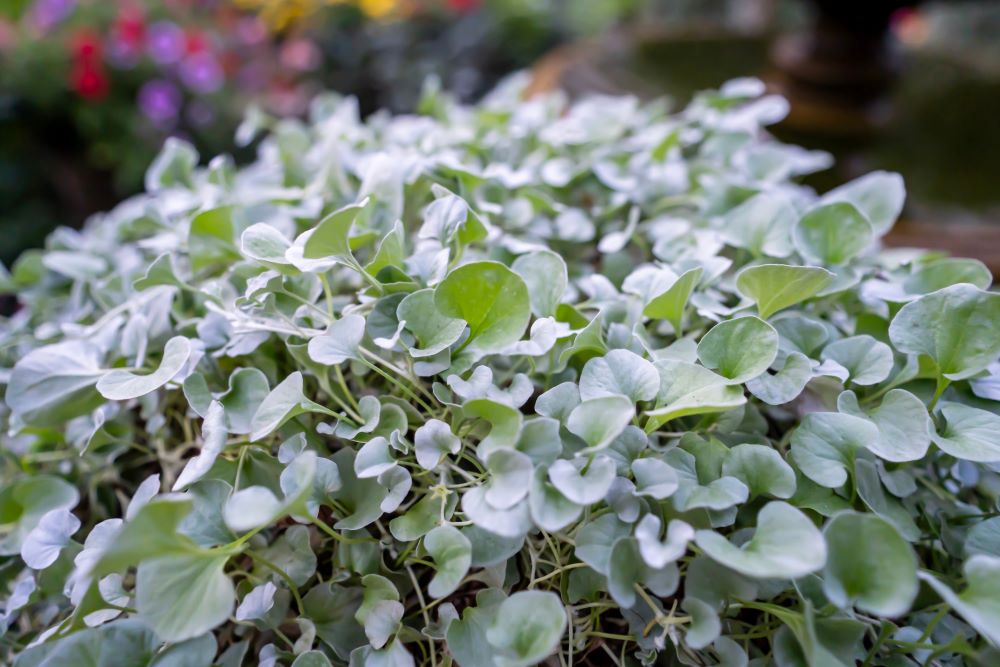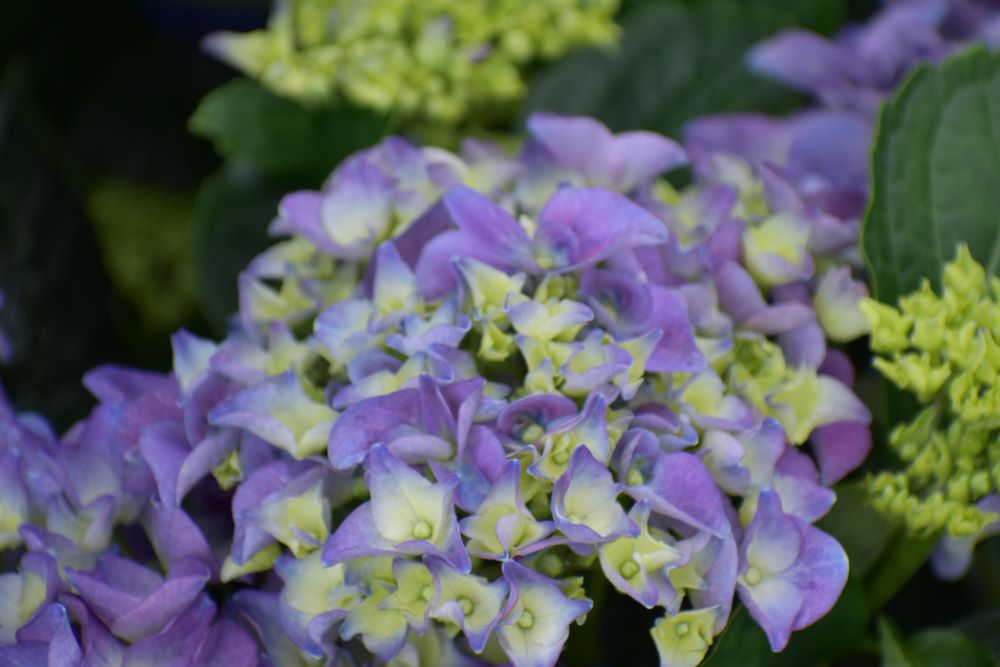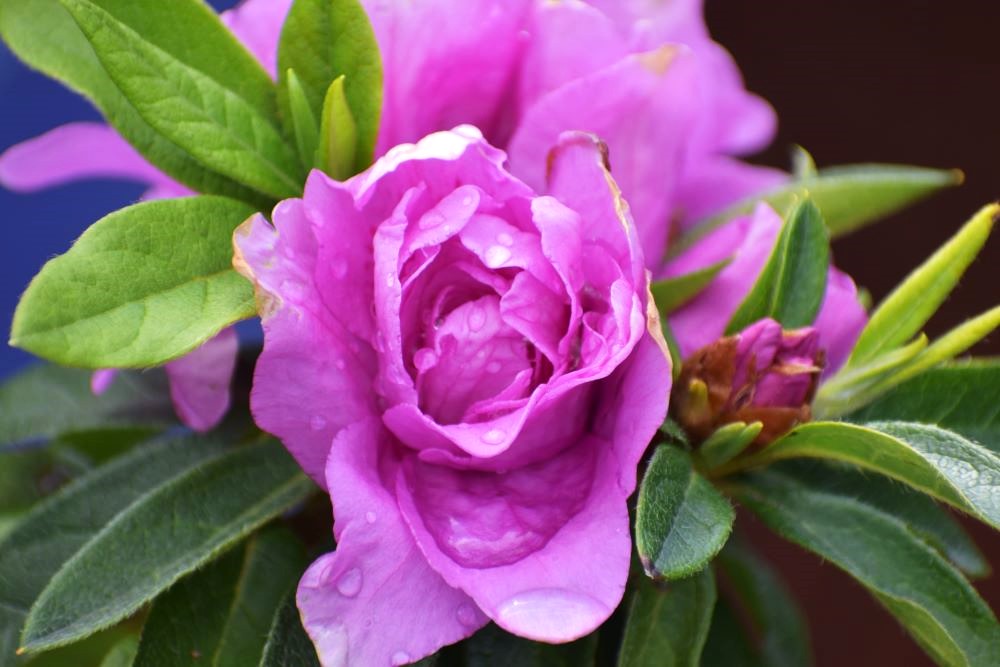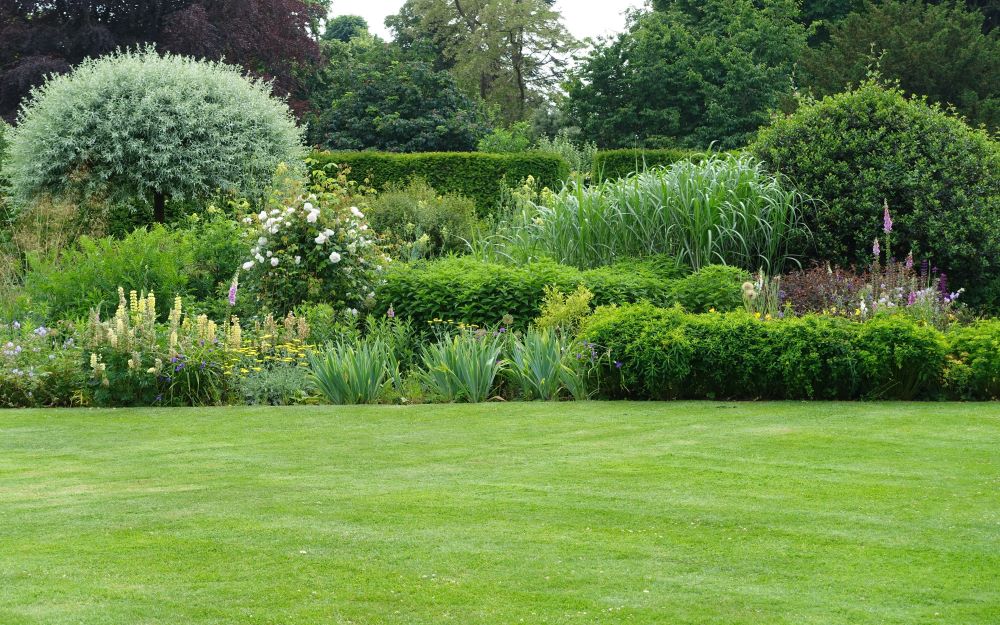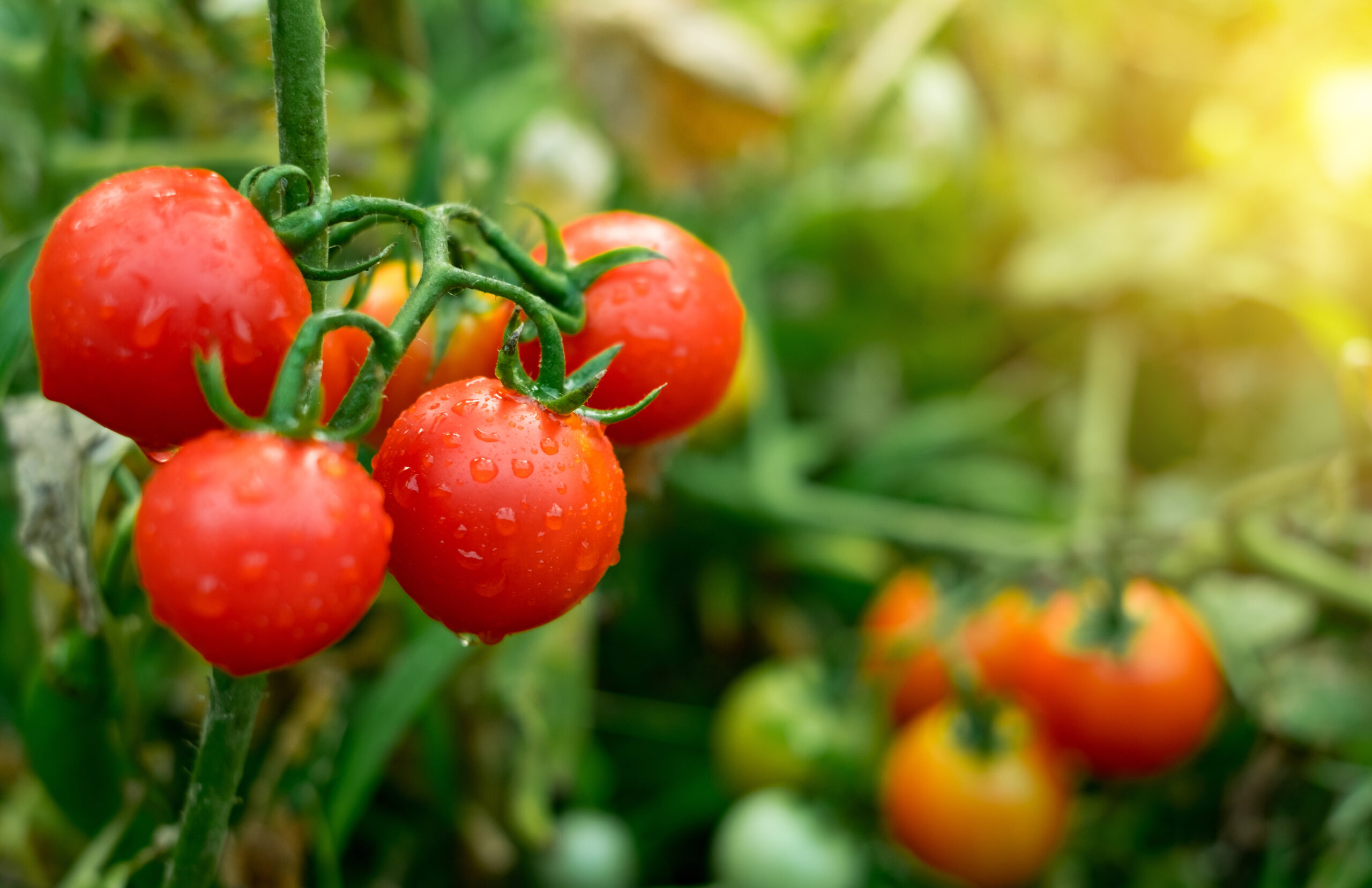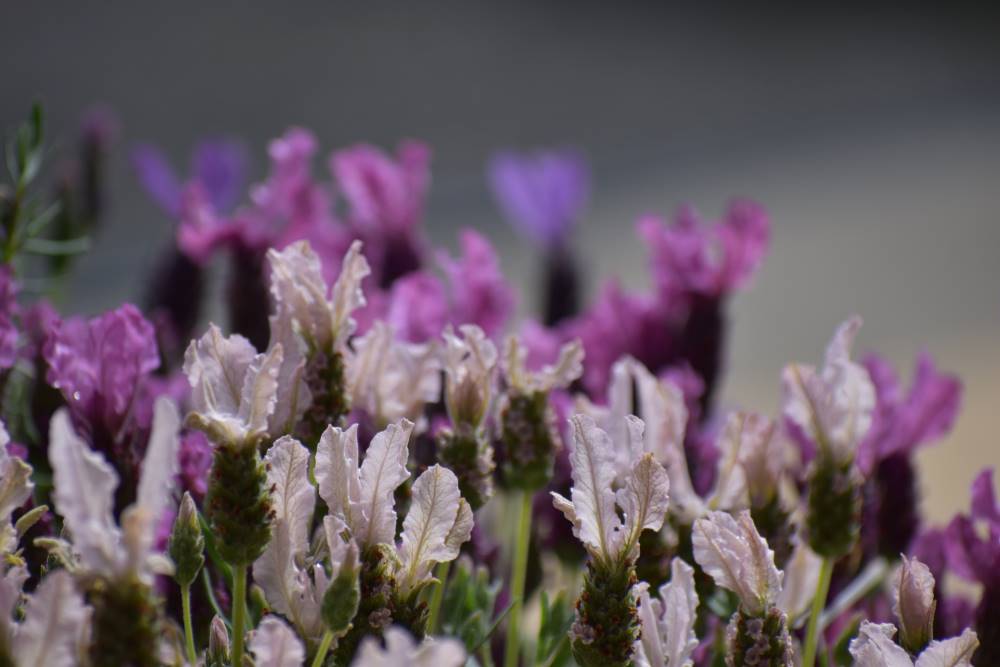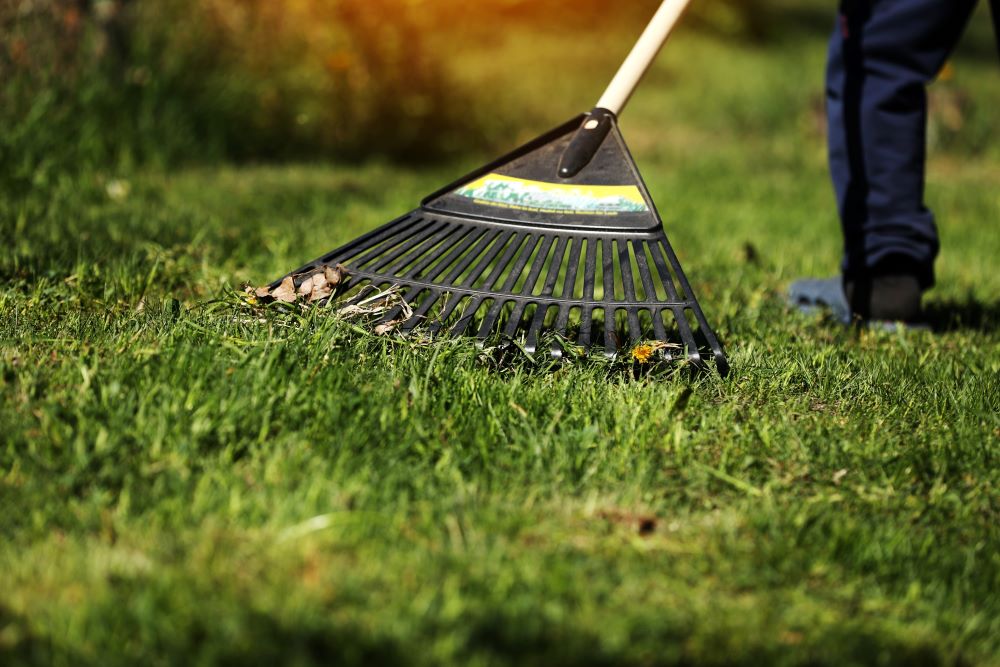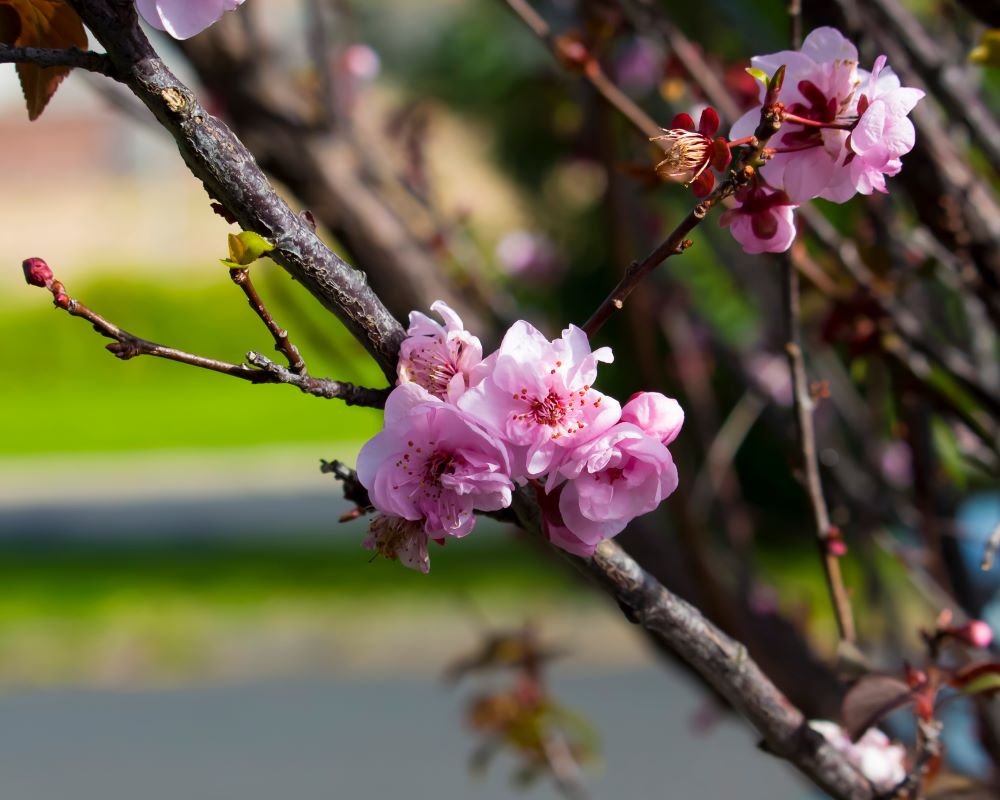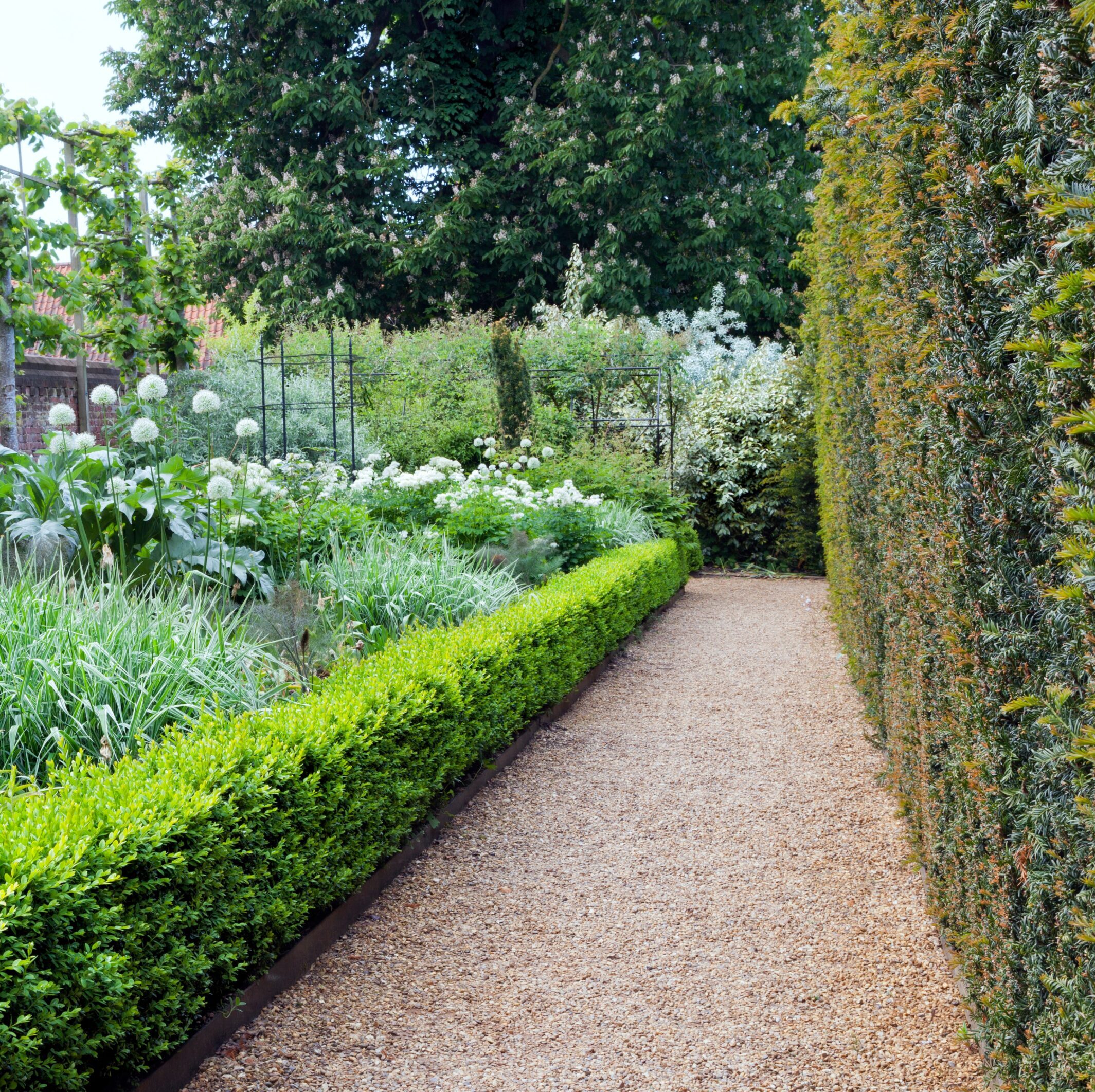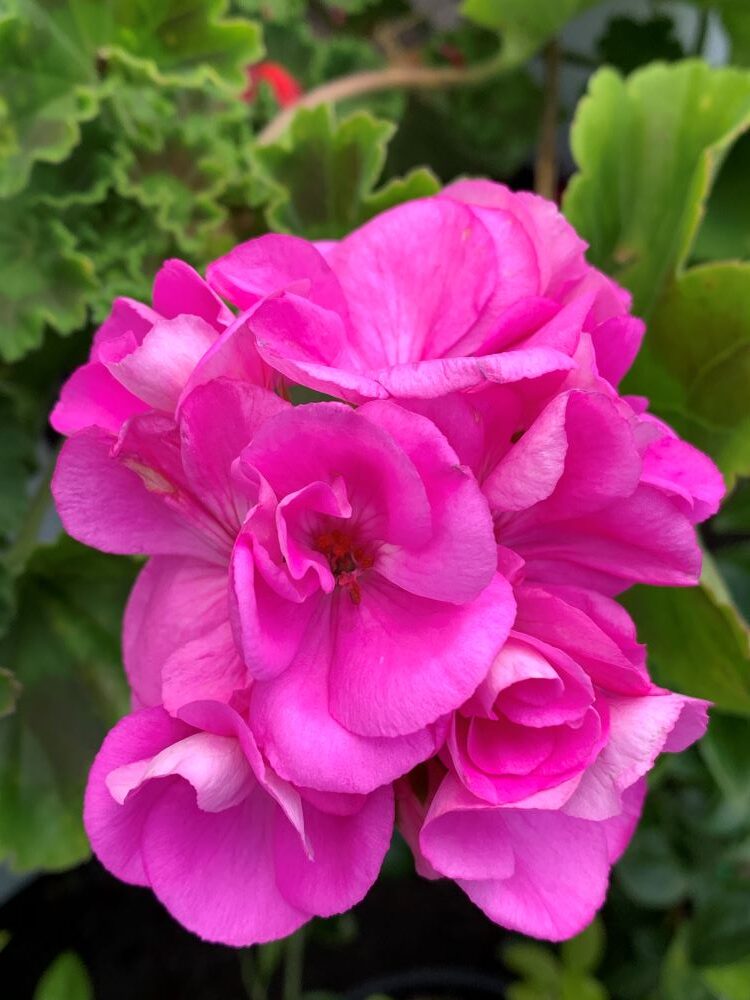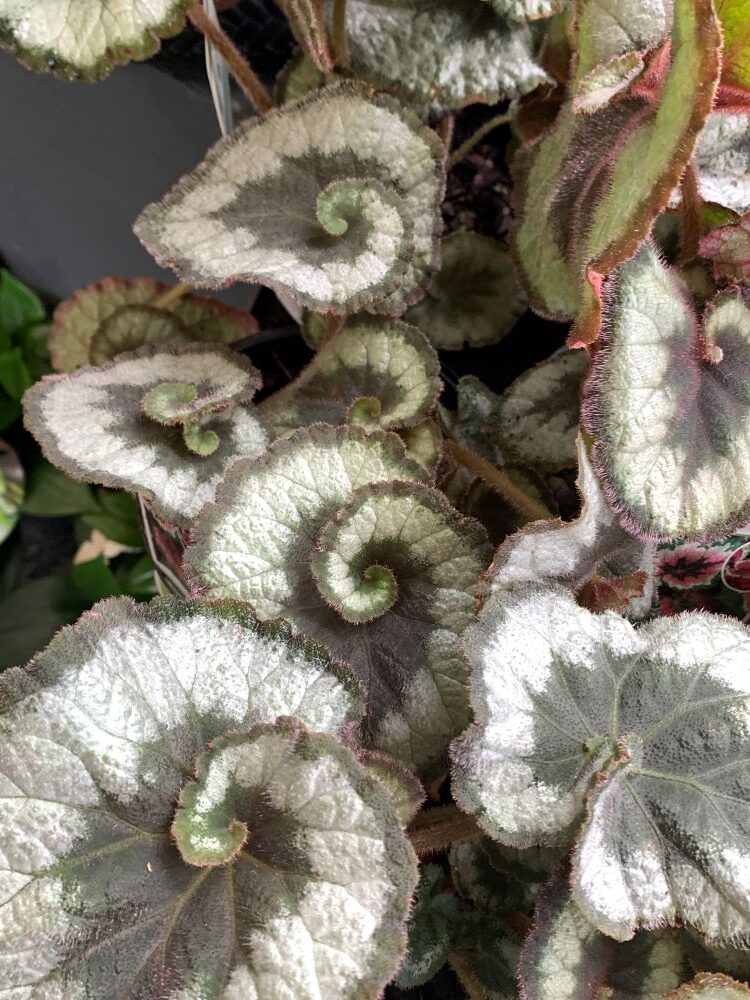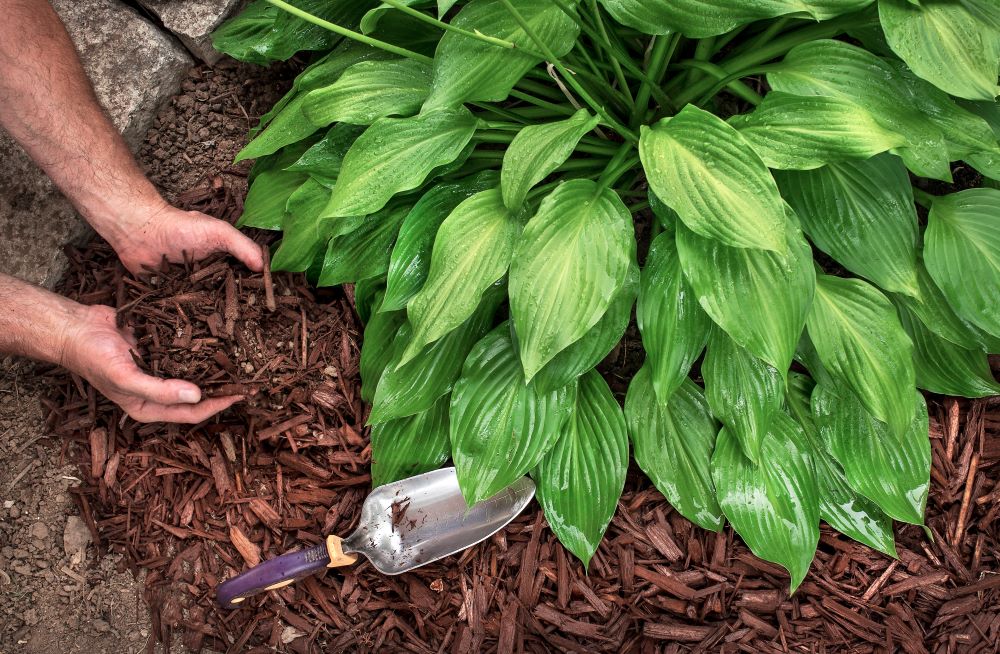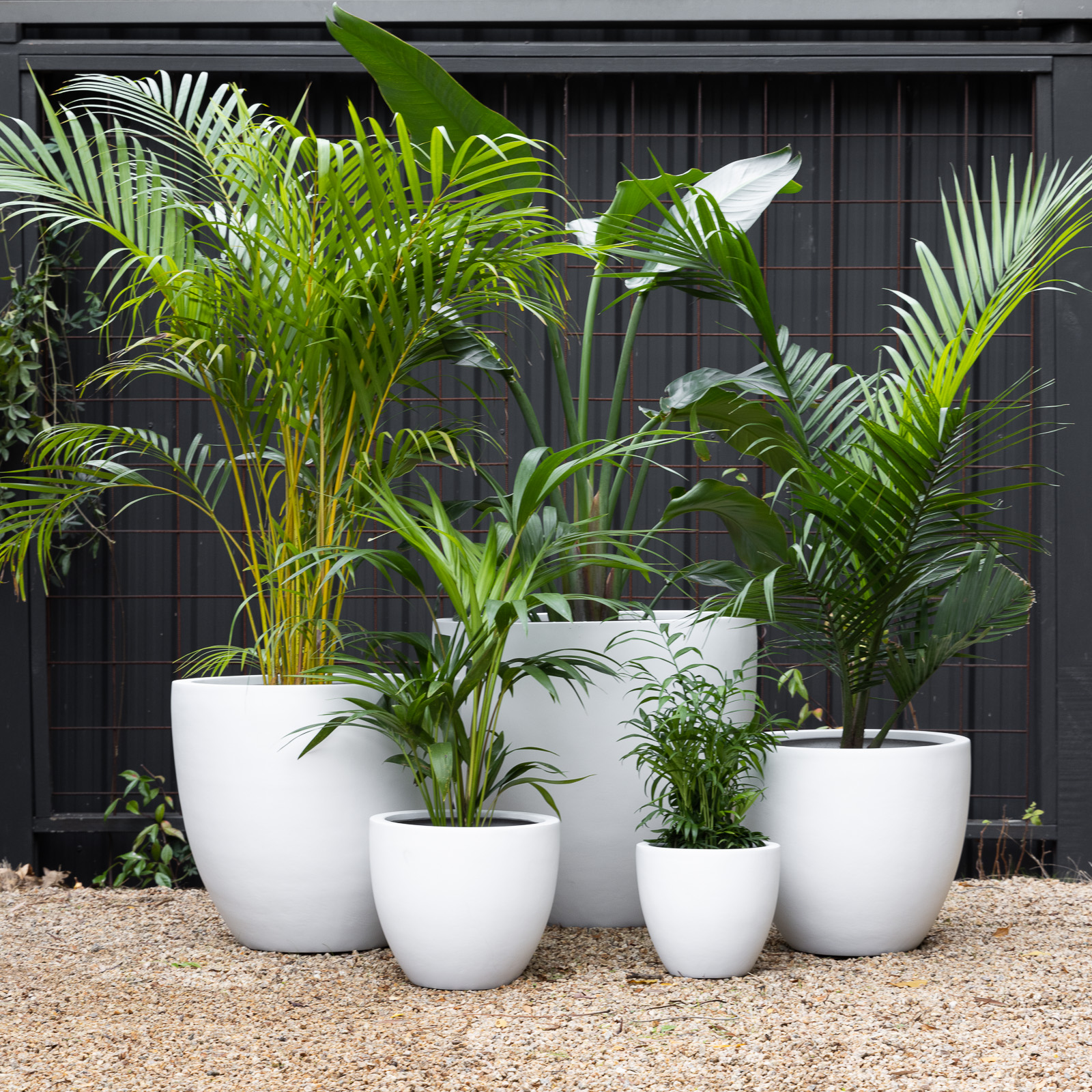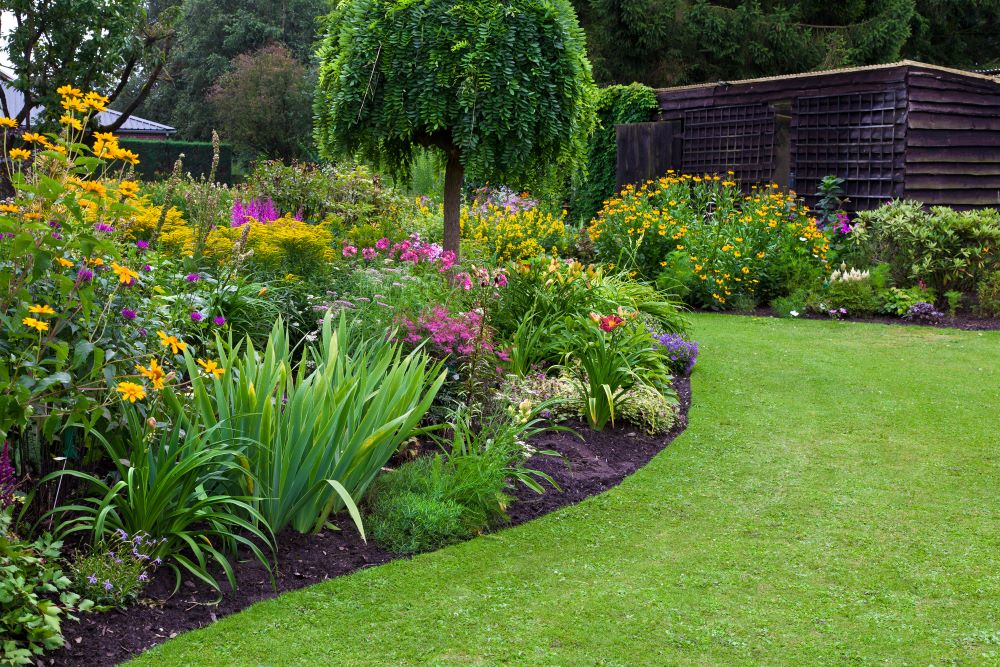Roses are in generally easy care plants once they are established. However, like all newly planted flowers or plants they’re vulnerable and need regular watering and attention until fully established.
Winter is the best season to plant roses, when they are dormant and bare root. Here are some tips on how to prepare and care for roses.
- Hybrid Tea Bush = one rose per stem, typical cutting rose.
- Floribunda Bush = several stems and roses.
- Standard roses = a variation of normal bush rose grafted at a higher height.
Prepare for roses.
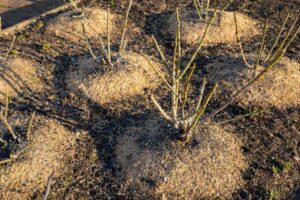
- Roses want full sun and very good drainage. Newcastle and the Hunter area are well known for having soil with a lot of clay and therefore bad drainage.
- Try to plant your roses in a raised garden bed or just a bit higher than the surrounding ground to assist in drainage.

Dig through your existing soil and mix in organic matter such as, planting compost, cow manure or organic soil. Leave it for a few weeks to get ready for planting.
Plant roses.

Roses likes to be alone or in a group with other roses. Allow for lots of space between each plant. Always try to plant them in a rose garden, as a group of roses, or alone with space from other plants.
Allowing for good air flow is crucial.
Soak your newly planted roses with Seasol or Seamax to set them up for good growth.
NOTE: Do not fertilise when you plant your roses, wait until spring when they are ready to grow.
How to care for your roses.
 Fertilise in spring, summer & autumn.
Fertilise in spring, summer & autumn.
We recommend Searles 5 in 1, Sudden impact for roses or Searles Rose Food.
View Sudden impact
View Rose & flower food
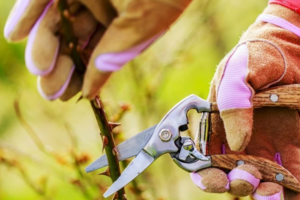 Cut your roses back each winter.
Cut your roses back each winter.
Each winter you should cut your roses by 2 thirds. Don’t do it too early otherwise you will get new growth that will die a few weeks later. Start of July, not earlier for pruning.
Always cut at an angle and never when it is about to rain. The more water, the easier infections and diseases will attack your roses.
When cutting back, spray with Lime sulphur at least twice to help prevent dieback.
Common diseases & insects in roses.
 Dieback.
Dieback.
The blackening of the tip of the rose stem which will then travel toward the graft. Cut off the affected area and use Lime sulphur to prevent it to come back. Prevent dieback when you trim your roses by spraying Lime sulphur.
Fungal diseases.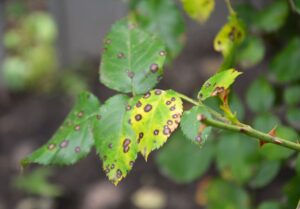


- Black spots. This shows up on older leaves and eventually the foliage turns yellow and falls off.
- Powdery mildew appears often on new foliage and buds. First as small white spots, which later becomes a furry mass of mould.
- Rust, shows up as small, orange or rust coloured spots on the leaves and will grow bigger if not treated. Roses affected by rust will usually defoliate.
We recommend to spray with Rose shield or Rose Gun which both are all purpose insecticide and fungus controlling products.
Insects.

 Aphids and Thrips are small insects usaully on soft tips and buds of roses. Spray with Rose shield, Rose Gun or Conguard on sight, weekly.
Aphids and Thrips are small insects usaully on soft tips and buds of roses. Spray with Rose shield, Rose Gun or Conguard on sight, weekly.

